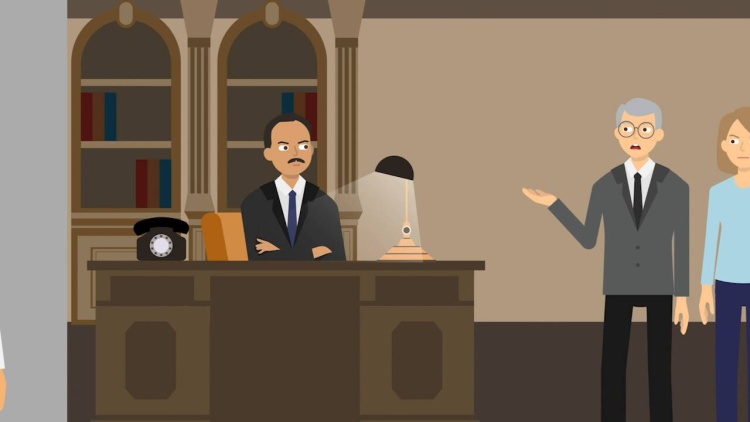Condra v. Atlanta Orthopaedic Group
Supreme Court of Georgia
681 S.E.2d 152 (2009)

- Written by Denise McGimsey, JD
Facts
Daphyne Condra (plaintiff) sought treatment for pain from physician James Chappuis (defendant), a member of the Atlanta Orthopaedic Group (defendant). Chappuis put Condra on a 30-day regimen of the drug Tegretol. When her symptoms continued, he prescribed another 30-day regimen. At no point did Chappuis monitor Condra’s blood count. During the second round of treatment, Condra experienced shortness of breath and cramping that sent her to the hospital. She was diagnosed with aplastic anemia, a rare and serious disease. Condra and her husband (plaintiff) sued Chappuis and Atlanta Orthopaedic in a Georgia state court, alleging that the failure to monitor Condra’s blood count was a departure from the standard of care, constituting malpractice. At trial, expert witnesses for Condra linked Tegretol to her development of aplastic anemia, maintained that the disease could have been avoided with appropriate blood monitoring, and asserted that blood monitoring was the standard of care for treating patients on Tegretol. Expert witnesses for defendants offered contrary opinions. While acknowledging that blood monitoring was a reasonable practice, they testified that it was not necessary and that the failure to do so did not constitute a breach of the standard of care. In a pretrial deposition, one of defendants’ expert witnesses testified that it was his own practice to monitor the blood counts of patients on Tegretol. Defendants moved in limine to prohibit the Condras from inquiring into the personal practices of defense expert witnesses. The court granted the motion. A verdict was rendered for defendants. The Condras appealed, citing the preclusion of their inquiry into the personal practices of defense experts and certain jury instructions given by the court. The appellate court affirmed, relying upon Johnson v. Riverdale Anesthesia Assocs., 563 S.E.2d 431 (Ga. 2002), as to the exclusion of the experts’ testimony. The Condras appealed.
Rule of Law
Issue
Holding and Reasoning (Hunstein, J.)
What to do next…
Here's why 911,000 law students have relied on our case briefs:
- Written by law professors and practitioners, not other law students. 47,100 briefs, keyed to 997 casebooks. Top-notch customer support.
- The right amount of information, includes the facts, issues, rule of law, holding and reasoning, and any concurrences and dissents.
- Access in your classes, works on your mobile and tablet. Massive library of related video lessons and high quality multiple-choice questions.
- Easy to use, uniform format for every case brief. Written in plain English, not in legalese. Our briefs summarize and simplify; they don’t just repeat the court’s language.





